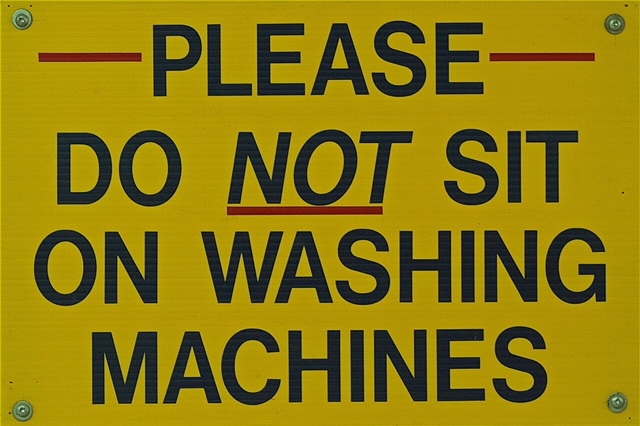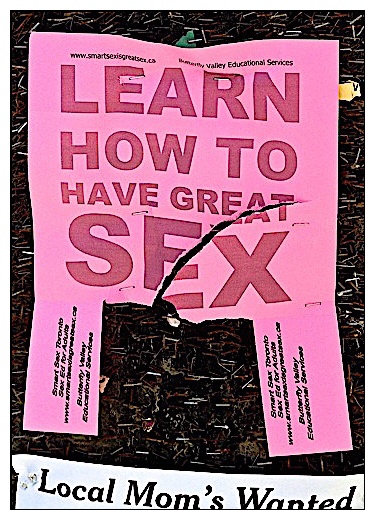by Melina Paris
I did not plan to drive my son to school today. He is supposed to get up in time to catch the bus, at 7 a.m. Why kids need to get up so early is another subject. They need more rest. When I pulled over to let him get out, he made a comment that I do not exactly remember. But the message hit me.
My son is overwhelmed.
He is 14, in 9th grade, and dealing with everything that adolescents have to. Right now he has to determine what classes he will take next year and he’s getting some advice from older friends. He’s anxious and wants to get this all done. He mentioned summer school, online classes and online Drivers Ed. I joked with him, that last class is only online until you have to hit the road. In addition, he is trying to recover from a stubborn cold. We are in unusually low temperatures, even for winter in Southern California. He is tired much of the time and he sleeps – a lot.
This struck me hard. On top of my son being overwhelmed, right now we are all reeling in this country. I believe our kids are reeling most of all. Last month, on the other side of the United States children, teachers and others we’re gunned down in a massive school shooting.
I don’t need to know more than the shooter had assault weapons and that souls were lost. I see these kids, who were saved from death, not speaking out but SHOUTING out! They have had enough.
As a parent what do we do? Much of our approach for how to discuss this tragedy with our children depends on their age. But the point is to check in. We know this but the rub is, we hear this news and we must carry on. We feel heartbroken, confused, even despair and powerlessness.
I talked to my son a little before he got out of the car. He has struggled to keep up with his work. Recently, he is improving. I rubbed his shoulder and encouraged him to continue.
That thing, the quick drop off, it’s always been awkward for me. I want to tell my son all the wonderful traits I see in him and show him a little extra love. I make whatever attempt I can in seconds, before he’s off running to class. I tell myself, I’ll get back to this when we’re both back home.
Once again I realize the blessing in that.
From this place of confusion and despair, as parents what coping mechanisms do we have? We sit with the gravity of our feelings, the frustration and helplessness. Personally, I had two very rough days around this horrific event. I’m certain every parent did. But how do we cope with these events and give our children the best tools so that they can cope?
And how can we stop this?
It feel’s insurmountable. But it’s not.
I feel I’m not living in the same country I grew up in. When we look back in time, sometimes we look with a fonder shade of reality coloring then is accurate. But I grew up with the certainty that huge wrongs (such as shootings), are corrected. That we as a society protect each other and punish those who would do harm and – here’s the difference- we would fix the underlying problem that initiated such wrong acts because it is the right thing to do.
No. Matter. What.
After I came home, I made a cup of coffee and checked emails. As if the universe responded to my confounded state of helplessness and heartbreak, I saw my daily Morning Prayer email from Guru Singh (third-generation yogi, master spiritual teacher and) author. It spoke of how those in power try to change perceptions. It said we are living in a world dominated by unconsciousness.
Intrigued, I read on.
“In today’s world, dominated by unconsciousness, social psychologists speak of emotional manipulation operating more rampantly than ever before in human history…convincing beliefs that are exactly the opposite from the facts.”
The opposite from the facts. I believe that statistical odds exist. And the odds of arming teachers with guns mean more guns in schools. That equation does not statistically have a good outcome to my mind. Many counter my argument with the idea that a “good person” with a fire arm can protect the innocent from a “bad person” with one. I wonder how they think children will feel knowing their teachers and other adults in their schools possess guns? I wonder how a child can learn in such an environment? I wonder why a child may not think that they too will then need a gun? I wonder about much more than this that I don’t want to get into here.
I heard a news interview with a commander with 30 years on the police force. To paraphrase his opinion on guns in schools, he said, it’s very easy for a bad guy with a gun to get a gun away from a good guy with a gun.
The NRA and the president tell us guns in schools is the answer to this crisis. I call it emotional manipulation; convincing beliefs that are the opposite of facts.
My email went on to say this technique has been practiced in “intelligence” communities for centuries. It’s called perception management or the controlling of power words. And unlimited information sharing in social media culture, creates an increased willingness to accept “statement as fact.”
This is interesting. I understand this as a sort of domino effect. As we navigate through social media and receive unlimited information, our critical processes can become diminished, thus opening increased opportunity to accept “statement as fact.”
I would like to think that’s not the case and I don’t know this to be a fact, on individual bases. I have a enough common sense and education to filter out bogus information. Yet, the question then becomes, does this remain true among masses of people on social media? I’d bet the odds say no.
The message continued, even with the potential negatives of this effect there is a potential positive side.
“The ancient science of bhakti yoga describes the power of miracles contained in the presence of ultra-strong beliefs. Imagine the forces of your beliefs unleashed to their fullest, you are imagining the physical momentum contained in the energy potential of each moment. Manifestation, linked to beliefs. . . the ability to focus perception, to such a degree, that the perception manipulates the perceived.
“This is the language of quantum physics,” Singh wrote.
This is another domino effect. To focus physical senses to the degree that the perception manages your beliefs unleashed to their fullest.
We witness this miracle through our children. They are the defenders who fulfill this positive side, manifestation linked to their beliefs. This is where miracles happen. It is our bond to nurture them and do what is right by our descendants, as they speak the language of quantum physics. We follow their lead and ensure that we do everything possible to stop these senseless tragedies.
Of course we can do more in our adult world. We can vote and stay aware of and choose where we spend or invest money. For instance, it was reported that a growing list of companies are cutting ties with the NRA. We can choose to support those companies who move in this direction.
I found hope. After days of feeling unhinged, a small but powerful prayer message reminded me of the greater potential of humanity at a dark time. We are capable of miracles. We can manifest divine intervention in human affairs. And we can lighten the overwhelming load that we have put on our kids through our unconsciousness.
Though we may live in a world dominated by unconsciousness, these kids are awake.
©2018 Melina Paris
Melina Paris is a mother and writer who covers music, arts and cultural events in Long Beach and the greater Los Angeles area. Her publications and websites include Amass Magazine, Random Lengths News and Palacio Magazine, DTLA-Weekly, The Urban Howl, Tour Worthy and Infinity Artists Group.












